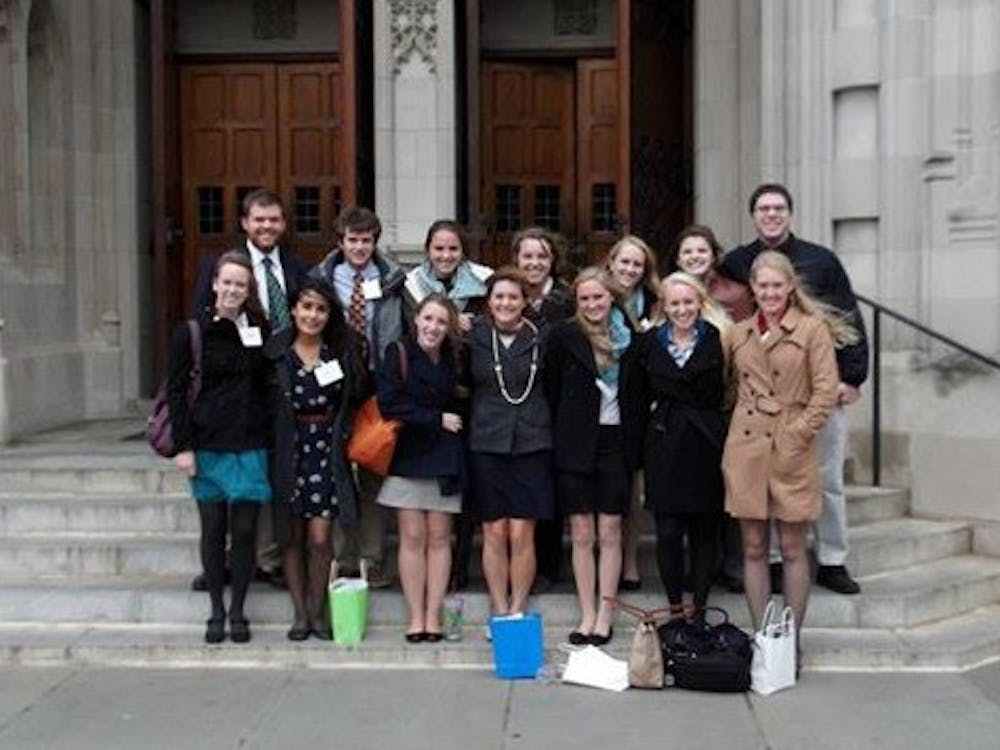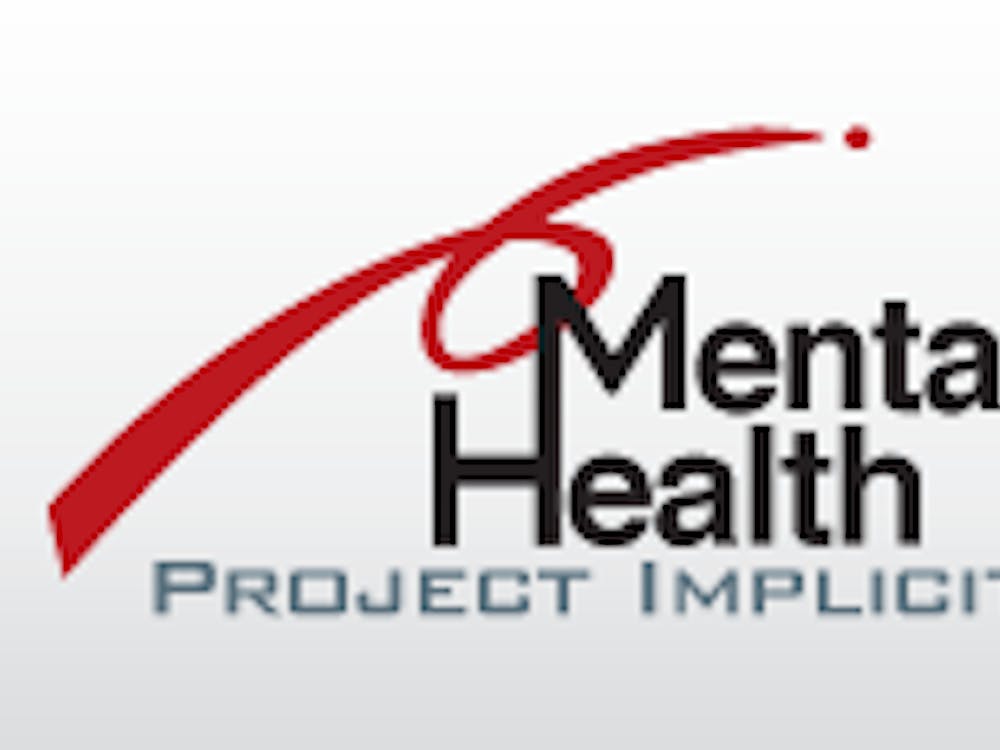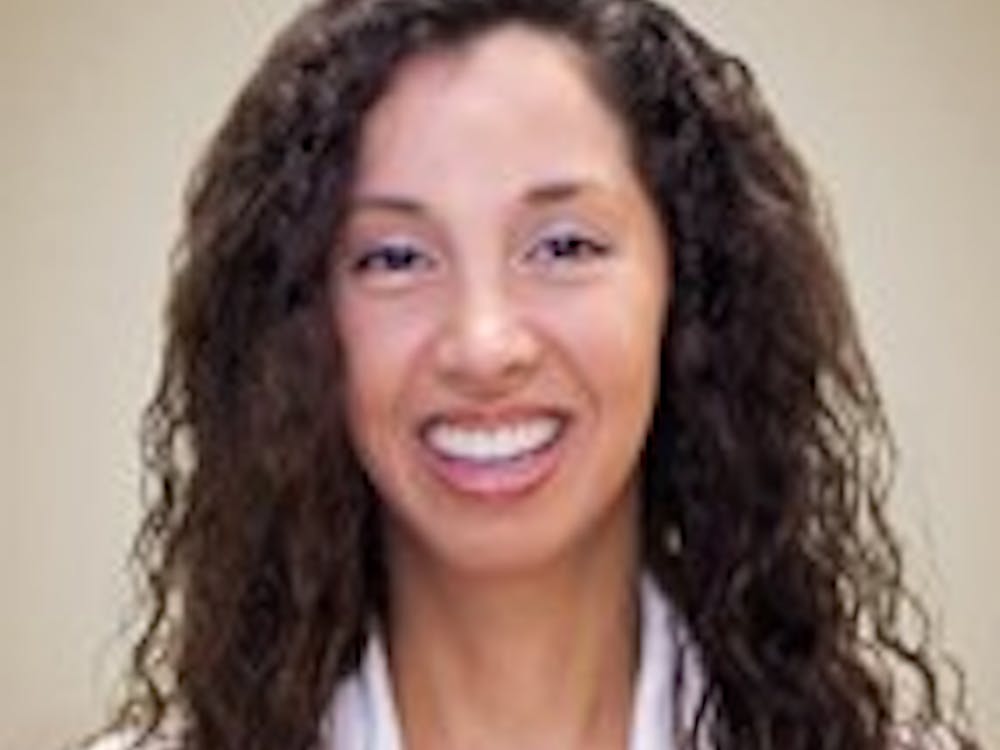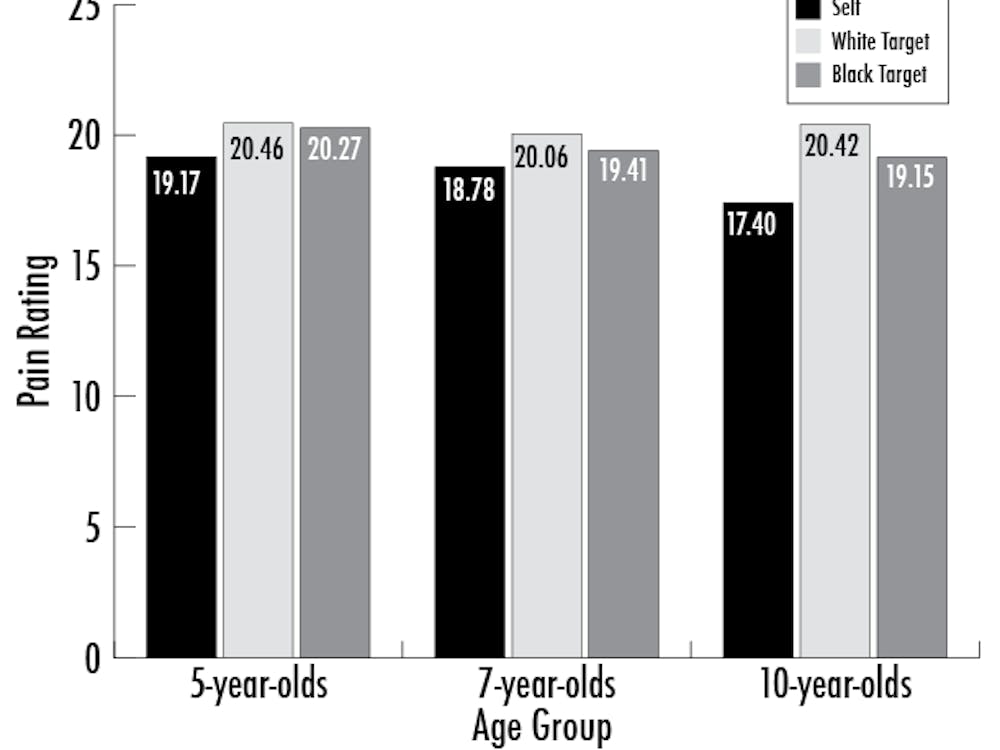A look at diabetes and diet
By Ishaan Sachdeva | May 24, 2014Type 2 diabetes remains one of the most prevalent medical conditions in the United States, with 25.8 million Americans listed as diabetic and 79 million identifying as prediabetic in 2013, according to the American Diabetes Association. And unfortunately, these numbers are only on the rise.








